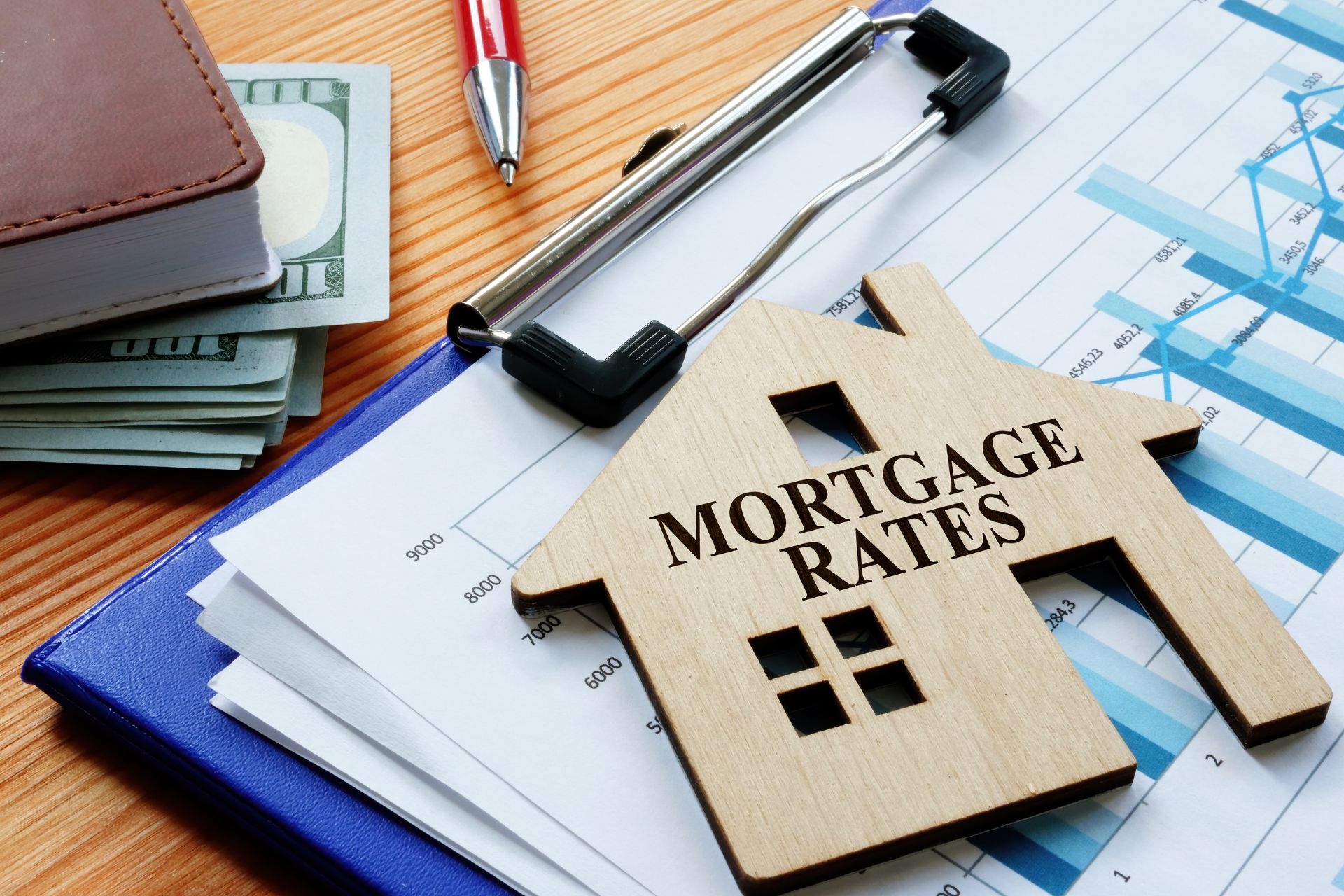Austin, Texas, once the fastest-growing large metro area during the peak of the COVID-19 pandemic, is on the brink of a significant shift in its housing market. Analysts are predicting a downturn in house prices as sellers grapple with buyers facing challenges in affording homes due to elevated prices.
The city experienced a remarkable 5 percent population growth between 2020 and 2022, driving up housing demand and subsequently, prices. Brad Case, Chief Economist at real estate developer Middleburg Communities, noted the crucial role of in-migration in supporting both rental and owner-occupied housing markets. However, this dynamic is undergoing a transformation as buyers resist high prices, compelling sellers to make adjustments.
According to Case, homeowners in Austin, who once benefitted from soaring house prices, are now faced with the possibility of accepting lower prices than a year ago due to an oversupply problem.
Contrary to trends in other parts of the country, Austin’s housing inventory has surpassed pre-pandemic levels, primarily because prices have surged by 55 percent since 2019, as highlighted by Hannah Jones, an economic research analyst at realtor.com.
Prospective home buyers in Austin are finding it challenging to contend with current prices, leading to a buildup in inventory. Realtor.com projects a 12 percent decline in home prices next year, marking the beginning of a trend that emerged this year.
Jones explained,
“Now that mortgage rates are high and home prices are still high, demand has fallen off, and so inventory is building up. And so because of that, we expect prices to fall next year in Austin.”
The anticipated price correction in Austin’s housing market may also have a ripple effect nationally, albeit to a lesser extent. Realtor.com forecasts a nearly 2 percent decline in home prices across the country in 2024.
With expectations of declining mortgage rates next year, there is optimism that prospective buyers will experience some relief in their monthly payments. Although this won’t fully restore affordability, it is seen as a step in the right direction.

Austin’s case serves as an example of a city that witnessed oversupply driven by population growth, leading to a subsequent decline in prices from their peak. Despite this correction, experts believe the appeal of Austin for potential migrants will persist. However, recent or upcoming homebuyers may find themselves with assets that are worth less than their initial investment.
Related posts:
 Reduce Your Environmental Footprint: Simple Water Conservation Tips for Your Home
Reduce Your Environmental Footprint: Simple Water Conservation Tips for Your Home
 10 Precautions to Stay Safe During a Home Renovation
10 Precautions to Stay Safe During a Home Renovation
 Surge in US Housing: A Close Look at the November 2023 Boom
Surge in US Housing: A Close Look at the November 2023 Boom
 2024 Military Housing Panel: Empowering Voices of Military Families
2024 Military Housing Panel: Empowering Voices of Military Families
 Healthcare or Housing? An Increasing Number of States Redirect Medicaid Funds to Aid the Homeless
Healthcare or Housing? An Increasing Number of States Redirect Medicaid Funds to Aid the Homeless



